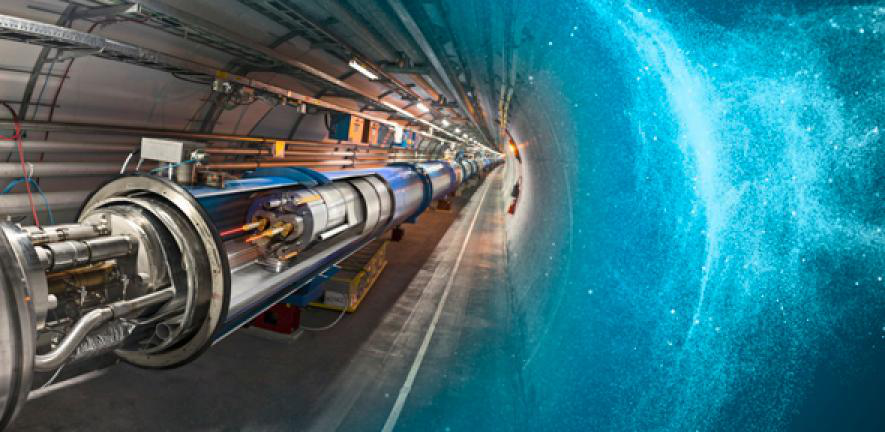Speaker
Description
A neutron star is one of the possible end states of a massive star. It is compressed by gravity and stabilized by the nuclear degeneracy pressure. Despite its name, the composition of these objects are not exactly known. However, from the inferred densities, neutrons will most likely compose a significant fraction of the star’s interior. While all neutron stars are expected to have a magnetic field, some neutron stars (``magnetars'') are much more highly magnetised than others: the inferred magnetar surface magnetic field is between $10^{14}$ to $10^{15}$ gauss. While neutron stars are macroscopic objects, due to the extreme value of the stars’ energy, pressure, and magnetic field the thermodynamics on the microscopic scale can be imprinted on the star’s large scale behaviour. This talk will focus on describing the thermodynamics of magnetised dense neutron and neutron-rich matter, its equation of state and explore conditions of a possible ferromagnetic state, contributions from the magnetised vacuum, as well as possible observational implications thereof for neutron stars.

